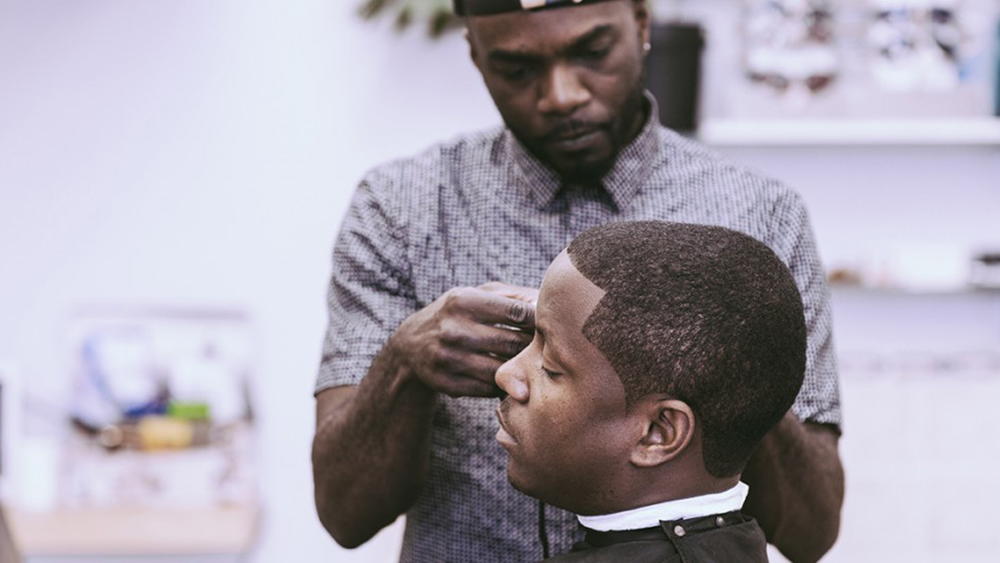A new study is illustrating the importance of barbershops in curbing and educating Black communities about HIV and AIDS.
Barbers are now leading the charge in educating customers about various health and medical issues, including safe sex and high blood pressure. According to U.S. and World News, a study conducted by State University of New York Downstate Medical Center School of Public Health shows the talks have been prompting Black men to seek medical resources in ways not seen before.
"Barbershops are enjoyable, pleasurable places to be," Tracey Wilson, lead author of the study published by the American Journal of Public Health, told U.S. and World News. "It seemed a natural place to base our programs."
Barbers who are part of the "Brothers Talking with Brothers" program have been instrumental in the study. Since 1997, nearly 100 barbershops are working to provide information to customers about health screenings. The "Brothers Talking with Brothers" program is also associated with the Brooklyn-based Arthur Ashe Institute for Urban Health.
Due to decades of racism in the health and medical field, Black people — men especially — have been distrustful of doctors. The Tuskegee medical experiments on Black men, and conspiracies about HIV and AIDS, contributed greatly to Black men avoiding hospitals.
According to the results of the study, barbers are changing the narrative and convincing customers to take better care of themselves. About "64% of more than 320 men who participated in the HIV education program reported no condomless vaginal or anal sex, compared with 54% of more than 200 men in the control group."
Michael Joseph, an associate professor in the SUNY Downstate Medical Center School of Public Health, conducted the HIV screening in New York. He told U.S. and World News he used the analogy of a burning house to illustrate the importance of knowing your status.
"Notice, no one said, 'First, I'll try to figure out how the fire got started,'" Jones says he told them. "When it comes to HIV, there's an urgency. If you don't do something about that fire – HIV – it's going to get to your house."
Barbers are generally trusted in the Black community. So, customers often take their advice. Similar programs in Los Angeles helped men seek out help for high blood pressure. And in Chicago, barbershops hosted health screening events to help their customers learn about the effects of high cholesterol, blood pressure and body-mass index.
